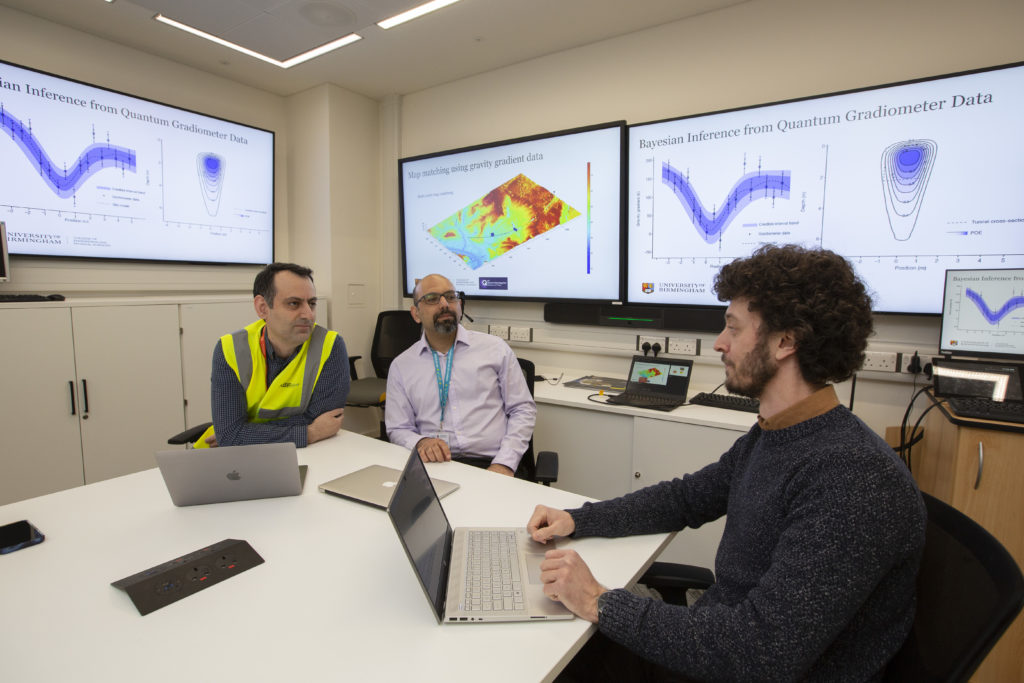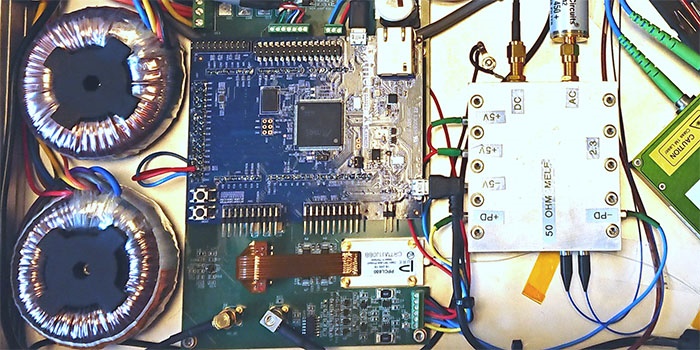A new project undertaken by a University of Birmingham researcher at the UK Quantum Technology Hub Sensors and Timing along with colleagues in the School of Engineering will help to facilitate greater sustainability for future infrastructure projects through deploying novel solutions for reusing structural steel. The project, which is titled Reuse of Structural Steel in Construction (RESTOR), has secured over £1.3 million in funding from the Engineering and Physical Sciences Research Council (EPSRC) as part of the Sustainable Manufacturing call.
More than 85% of structural steel in existing buildings is recycled at the end of its service life whereas less than 15% is actually reused. However, steel recycling demands huge amounts of energy, and is a contributing factor in the UK iron and steel industry being the largest industrial sector in terms of both energy demands and greenhouse gas emissions. There is an increasing need for cutting-edge technical innovations embedded in the circular economy which maximises sustainable, efficient and low-energy reuse of steel rather than energy-demanding recycling.
RESTOR, which is led by Dr Samir Darir with Dr Asaad Faramarzi and Dr Marios Theofanous in collaboration with Professor Ioannis Brilakis and Dr Erika Parn from University of Cambridge, will bring together sophisticated non-destructive testing (NDT), machine learning optimisation and information modelling to facilitate sustainable reuse for steel. The project aims to allow the material properties of used steel to be determined based on NDT measurements to minimise unnecessary recycling, which will optimise the repurposing of used steel by validating its structural performance for the second lifespan.
Dr Asaad Faramarzi
Dr Asaad Faramarzi with other QT Hub researchers, demonstrating computational modelling for geophysical sensing and ground engineering
The post New EPSRC-funded project will enable greater sustainability for future infrastructure projects appeared first on Quantum Sensors.



